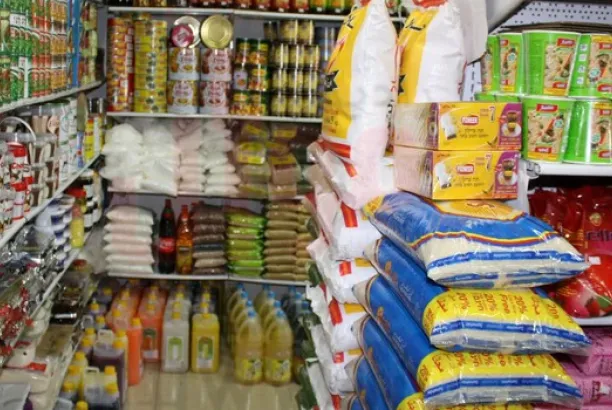
| Economic articles
Al-Zantouti: “Truncated Oil Sales and Disgraceful Telecommunications Revenues!!”
The Financial expert Khaled Al-Zantouti wrote: “The revenue and expenditure report for 2024, issued by the Central Bank, contains numerous elements that require deep analysis to clarify some of its ambiguities and bottlenecks.
However, in this brief article, I will focus on just two elements of revenue that caught my attention (with good intentions). My aim is purely to shed light on them for a noble purpose: demanding clarity and transparency.
First, regarding oil sales revenue: the report indicates that the value of oil sales (transferred to the Central Bank, excluding oil royalties) for 2024 amounted to approximately $17.8 billion (at the official exchange rate). This allows us to estimate the value of crude oil sales based on an average daily production of about 1.25 million barrels per day, conservatively accounting for occasional negative production conditions.
After deducting the foreign partner’s share (about 12%, or roughly 150,000 barrels daily) and the amount refined domestically (around 225,000 barrels), the remaining production available for sale is approximately 875,000 barrels.
According to the Statista Research Department’s report dated January 9, 2025, the average price of Brent crude was $80.53 per barrel in 2024. This means daily sales would be:
875,000 barrels × $80.53 = $70.463 million per day.
For the entire year:
$70.463 million × 366 days = $25.79 billion.
According to the state’s financial laws, all oil sales revenue must be deposited into the Central Bank’s account at the Libyan Foreign Bank. However, the amount transferred was only $17.8 billion, as per the mentioned Central Bank report.
This implies that approximately $8 billion (over 30%) was not deposited into the Central Bank. This is a substantial amount that demands full transparency and clarification from the relevant authorities. Perhaps some of it was bartered for refined products; maybe all of it — we don’t know. Could some of it still be held by the National Oil Corporation? If so, doesn’t this constitute a clear violation of the state’s financial laws?
It is also worth noting the significant decline in oil revenues over the past three years. Revenues for 2024 decreased by about 31% compared to 2022 and by 25.6% compared to 2023. This is deeply concerning. If this downward trend continues at the same rate, we are heading for disaster, especially given the expected fluctuations in crude oil prices under Mr. Trump’s administration.
Second, the other element that drew my attention is the extremely low telecommunications revenue. According to certain international indicators, telecommunications revenues typically constitute 3%–8% of a country’s GDP. For example, telecommunications revenues in Egypt account for about 5.8% of its GDP.
Random observations suggest, without exaggeration, that over 70% of private car drivers use mobile phones (for calls or internet) while driving, particularly in crowded areas. Moreover, in many households, family members only gather when the internet is down; otherwise, everyone is glued to their phones, men and women alike, even in bed. These indicators strongly suggest that Libyans are among the world’s most frequent users of mobile phones and the internet. Thus, Libya’s telecommunications revenue should be substantial.
Assuming a conservative 4% of GDP (250 billion dinars), telecommunications revenue should exceed 10 billion dinars. Yet, according to the Central Bank’s report, telecommunications revenue for 2024 amounted to just 205 million dinars. This figure is both laughable and tragic. Where did the revenue go? Was it hidden or squandered? We simply need clarification.”





